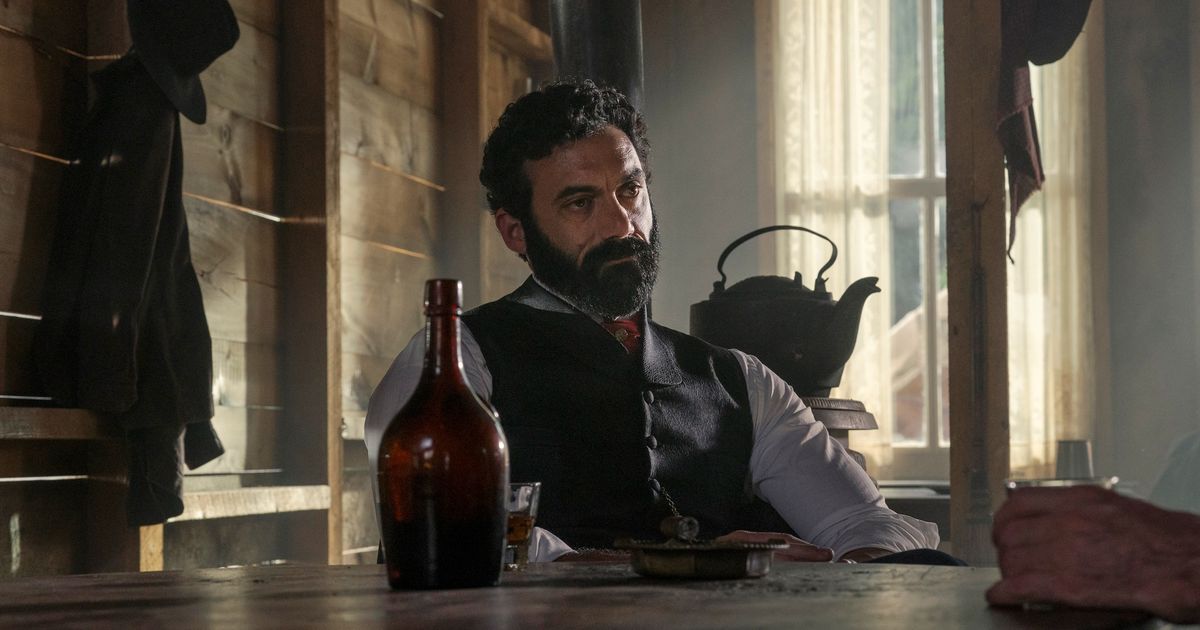
"The Gilded Age often slips into historical cameos and dull conversations, forgoing the chance to illuminate contemporary issues and instead focusing on the absurdities of character behavior."
"George Russell faces challenges in acquiring land for a railroad amidst territorial disputes with miners, highlighting the struggles of greed and power during The Gilded Age."
"Bertha's schemes for her daughter Gladys to marry the Duke showcase the intricate social maneuverings of the wealthy elite, amplifying the show's deeper themes of social ambition."
"Despite its potential, The Gilded Age seems bogged down by superficial storytelling, often prioritizing visual aesthetics over compelling narratives that actually resonate with current societal concerns."
The article critiques the television series The Gilded Age for its failure to connect themes from the historical era to contemporary society, instead relying on historical cameos and stilted conversations. It reflects on key plot points from the previous season, including financial ruin and social ambitions among wealthy characters. The current storyline focuses on George Russell's struggles to negotiate land rights for a railroad amid miner conflicts, illustrating the complexities of power and greed—a reflection of the Gilded Age itself. Ultimately, the piece laments the show’s adherence to surface-level storytelling over deeper engagement with the historical themes it could explore.
Read at Vulture
Unable to calculate read time
Collection
[
|
...
]